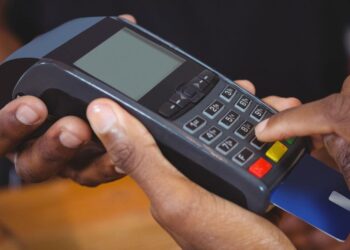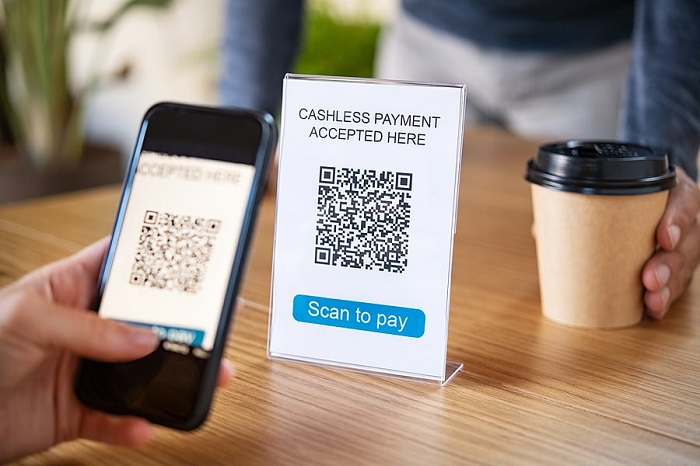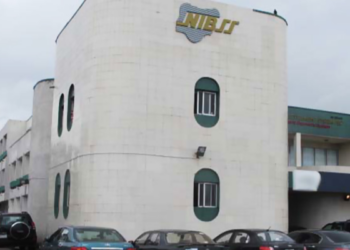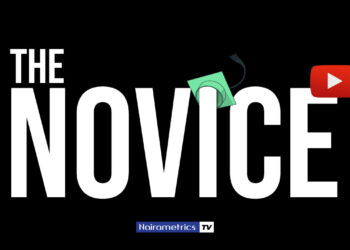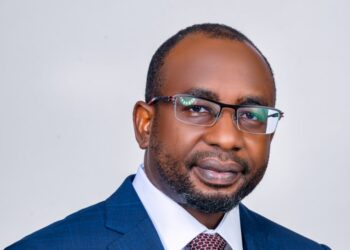Nigeria’s participation in the Digital Cooperation Organization (DCO) is expected to open new opportunities for digital trade, innovation, and economic growth, as the body unveiled its Model Digital Economy Agreement (MDEA) during its first session.
The agreement, described as an interoperable rulebook for digital trade, covers 12 key policy areas, including trade facilitation, cross-border data flows, cybersecurity, artificial intelligence, e-transactions, payments, and small business inclusion.
“If adopted and implemented, the MDEA can enable an estimated USD 2.1 billion in additional intra-DCO digital trade annually —just in digitally delivered services. The overall impact will extend further as digital trade in goods and other sectors also expand,” the DCO said in a statement released on Monday announcing the outcome of its inaugural meeting.
Members of the Cooperation
The 16-member countries of the Digital Cooperation Organization (DCO) are Bahrain, Bangladesh, Cyprus, Djibouti, The Gambia, Ghana, Greece, Jordan, Kuwait, Morocco, Nigeria, Oman, Pakistan, Qatar, Rwanda, and Saudi Arabia.
- These countries, from the Middle East, Africa, Asia, and Europe, aim to foster a more inclusive and prosperous digital economy by promoting collaboration in areas like entrepreneurship, innovation, and youth empowerment.
- The founding members of DCO are countries with shared interests concerning the digital economy – interests that can only be realized through collaboration.
- Nigeria became a founding member of the DCO in April 2021, joining other countries to promote digital economy, including issues like digital inclusivity, artificial intelligence (AI), and fintech.
Objectives of the DCO
By bringing together nations that are closely aligned, DCO seeks to accelerate coordination and cooperation in the digital economy, creating exciting opportunities.
By working together, members aim to ensure similar standards and regulations, enabling firms to expand rapidly.
- The DCO is focused on empowering youth, women, and entrepreneurs, leveraging the accelerative power of the digital economy and leapfrogging with innovation to drive economic growth and increase social prosperity.
- Through cooperation, dialogue, and the creation of mutually advantageous cross-border legislation, it seeks to establish within our member nations the optimal infrastructure and policies for the rapid creation of inclusive and equitable digital economies within which all people, businesses, and societies can innovate and thrive.
What it means for Nigeria
As Africa’s fastest-growing tech ecosystem, Nigeria stands to gain significantly from aligning with the DCO’s standards.
The MDEA emphasizes openness while preserving regulatory autonomy, a balance that would allow Nigeria to attract more foreign investment into its digital economy while ensuring data protection and consumer safeguards.
Membership also creates opportunities for Nigerian fintechs, startups, and SMEs to scale across borders by operating under similar rules with 15 other member states spanning Africa, Asia, the Middle East, and Europe.
What you should know
The DCO’s permanent headquarters is Riyadh, Saudi Arabia, and its supreme authority is the Council, consisting of representatives designated by the Ministers of Communications and Information Technology (or equivalent heads and/or entities) of the DCO’s current Member States.
Chairmanship of the Council is periodic among the representatives of the members, with the Council determining the duration of each session.









